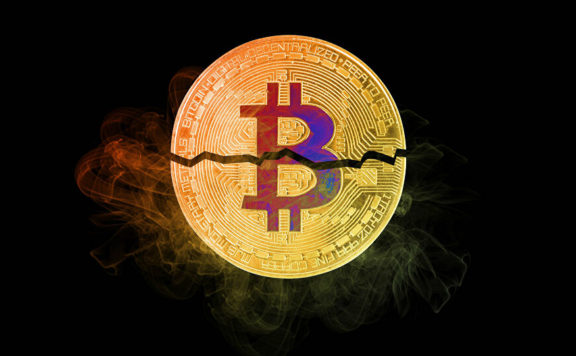Definition
Inflation is the process by which currency loses value over time. This causes the price of goods and services to rise. This occurs when central banks increase the supply of currency in circulation.
Bitcoin as well as other cryptocurrencies do not experience inflation in the same way as fiat currencies, like the dollar and Euro, do. This is because there is a limit on how many Bitcoins can ever be created. This limit is designed into the protocol and is set at 21 Million. Currently 18.5 Million Bitcoins have been minted. This leaves only 2.5 Million coins yet to be minted. But, the protocol also dictates that every 4 years, the number of newly minted coins will be halved.
Bitcoin, therefore, has been designed to resist inflation through a limited and known rate of creation. And this process of creating new Bitcoin will taper over time in a predictable way. It is theorised that all Bitcoins will be minted by the year 2140.
This feature of Bitcoin has proven very appealing to investors as it acts as a hedge against fiat inflation. Since its first transaction, Bitcoin has generally increased in value over the last decade, while the likes of the U.S dollar has decreased. But cryptocurrencies are still a young market, and as such, experience volatility leading to dramatic declines and spikes in their value. However, the trend-line over time has been positive.
Is inflation important for crypto?
Yes, it is. The savings in your bank account today, will not have the same value in 10 years time. They will decrease in value, even if you do not spend them. In ten years time, your 1 dollar bill will not have the same purchasing power as it does today. This is why investors are turning to digital money as a hedge against inflation. Bitcoin as well as other cryptocurrencies like Ethereum provide alternative opportunities for asset managers. Cryptocurrencies, like Bitcoin, have certain features built into their protocol that help them resist inflation.
- The pure economics of supply and demand reign supreme. There is no political influence over Bitcoin and it is not bound by borders. It can not be manipulated by government authorities by adjusting interest rates or printing more of it.
- Its value is derived from its demand, just like gold. In fact, this is why Bitcoin has earned the nickname “digital gold”. However, unlike gold, it is far more convenient to transmit as payment from account to account around the world. It does not require a bank to store it, or security guards to guard it.
- There will never be more than 21 Million Bitcoin. This scarcity gives it an inherent resistance to inflation and a continued demand. Also, unlike gold, its scheduled tapering off of a newly minted supply of coins is predictable.
Stablecoins
But, there are some cryptocurrencies that are deliberately designed to act like fiat currencies. These are called stablecoins. These coins are usually pegged to a particular fiat currency like the dollar. This can be very useful for investors. They are used as a sort of a low volatility holding pen for assets. But, it is important to remember, that while held in these stablecoins, your assets are exposed to inflation.







